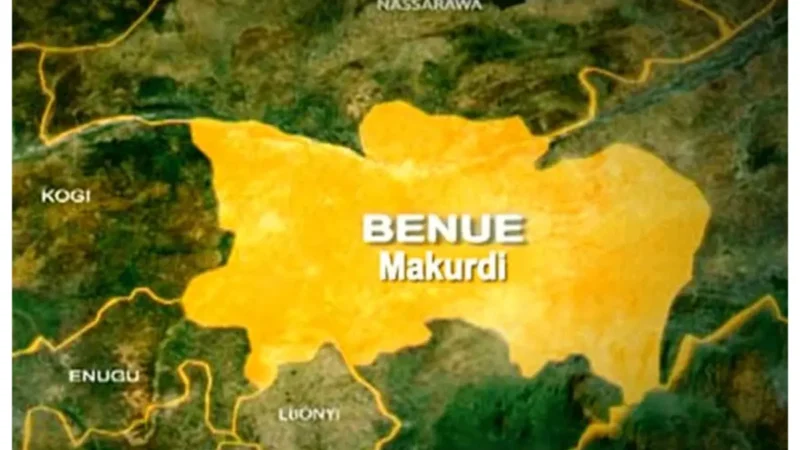FG plans $1m AfDB food grant for flood victims
 The Federal Government has sought a $1m grant from the African Development Bank to provide essential food supplies for Nigerians severely affected by the 2024 floods.
The Federal Government has sought a $1m grant from the African Development Bank to provide essential food supplies for Nigerians severely affected by the 2024 floods.
According to the grant proposal document obtained by Saturday PUNCH, the initiative, which aims to cushion the impact of widespread displacement and food insecurity, comes after floods devastated 29 states, displacing over 200,000 people and ruining more than 500,000 hectares of farmland.
Under the proposed intervention, 122,253 individuals in 16 of the worst-hit districts will receive food packages comprising 25kg of rice and 10kg of beans.
The distribution, targeted for October 2024 to February 2025, will complement the Federal Government’s efforts, which have already delivered rice and spaghetti to affected households.
The proposal document read, “The project aims to complement the government’s efforts and those of development partners to save lives and protect livelihoods in the current crisis caused by the flood. This objective will be achieved through the provision of emergency food transfers.
“The bank, through SRF, will contribute USD 1,000,000 in response to the appeal, while WFP will deploy its field capacity to identify, target and provide relief emergency support to the target beneficiaries.
“The funding from the bank’s SRF will be used to complement the government’s interim response, which is providing 25kg of rice and 10kg of spaghetti by delivering complementary pulses and rice to cover an estimated 122,253 people (24,450 households) in the 16 most affected districts.
“The aim is to provide consumption needs to affected households to diversify their food basket and address essential needs during four critical months between October 2024 and February 2025, thus enabling them to protect their livelihoods and avoid long term deterioration of their food and nutrition security. The support will be a one-off food transfer of 35 kilograms (25kg of rice and 10kg of beans) per household.”
The flooding, triggered in part by the collapse of the Alau Dam in Borno State, caused significant damage across northern Nigeria and beyond.
In Maiduguri, over half of the city was submerged, with key infrastructure, including the Maiduguri Teaching Hospital and 25 schools, rendered inoperable.
The disaster also led to outbreaks of waterborne diseases such as diarrhea and malaria, compounding the plight of already vulnerable communities.
The National Emergency Management Agency has described the situation as beyond the government’s capacity, prompting the appeal for international assistance.
The AfDB’s Special Relief Fund is expected to disburse the grant through the World Food Programme, which will coordinate food procurement and distribution.
The WFP has been chosen for its proven expertise in handling similar humanitarian interventions.
Market assessments by the Food and Agriculture Organisation revealed a steep rise in food prices due to the disaster, making cash-based assistance impractical.
Consequently, the grant will focus on direct food transfers to meet the urgent nutritional needs of displaced families and stabilise their livelihoods.
President Bola Tinubu had earlier in September appealed for global support to manage the humanitarian crisis, which has stretched local resources thin.
This request aligns with the United Nations’ coordinated efforts to address the impact of the floods, which have exacerbated Nigeria’s fragile socio-economic conditions.
The AfDB’s grant will cover food procurement, logistics, and operational costs. The WFP will manage the process, from identifying beneficiaries to ensuring equitable distribution.
Post-distribution monitoring will be conducted to evaluate the intervention’s effectiveness and its impact on food security among recipients







